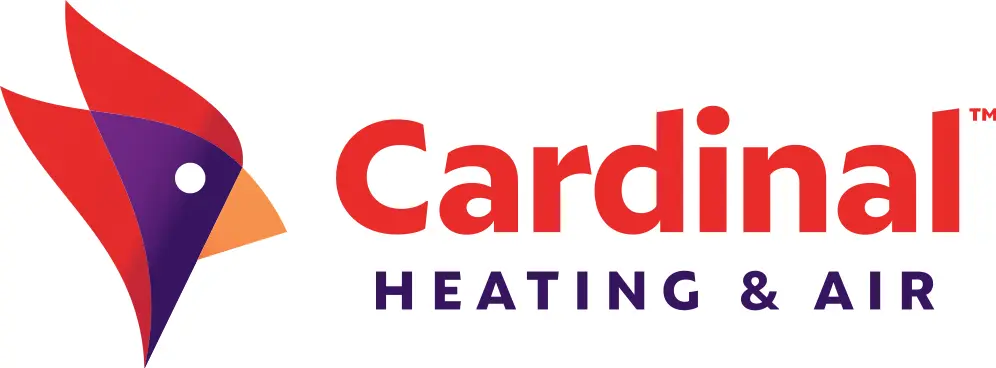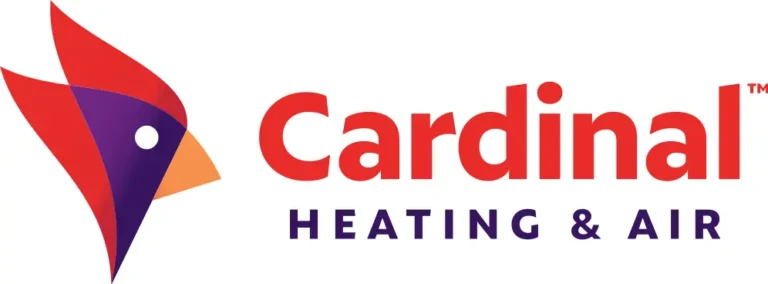September 30, 2013
The majority of households in the United States rely on furnaces or boilers for their heating needs. Furnaces work by heating air and distributing it throughout a building. A domestic boiler on the other hand heats water to generate steam, which makes its way to various rooms in a building via steam radiators, radiant floor systems, or baseboard radiators. Here are the main types of domestic gas boilers on the market today.
High Efficiency Gas Boilers
In general, gas boilers burn fossil fuels in a controlled manner to heat water. However, boilers are not 100% efficient and end up losing some heat. High efficiency boilers tend to be more efficient than other types of boilers. Figures published by the Department of Energy show that these types of boilers have annual fuel utilization efficiency (AFUE) of 85% or higher. This means that such a boiler can convert 85% of energy contained in fuel into heat energy. The rest (15%) escapes from the boiler into the surrounding environment.
Conventional Boiler
Most conventional boilers consist of two tanks, a large cold water storage tank and a small feed tank. Taps throughout the house receive hot water from the central heating boiler. At the same time, hot water flows throw via pipes to radiators in various rooms inside a building. This type of boiler has several advantages. Firstly, it can heat your home and produce hot water at the same time. Secondly, it has faster flow rates than a combination boiler.
Condensing Boiler
Compared to a conventional boiler, a condensing boiler is more energy efficient. This is because it can recover heat that would otherwise have been lost to the surrounding environment. It is important to note that a condensing boiler works by transferring heat from one source to another via a solid surface. In addition, it has a much larger heat exchange making it easy for recover flue gases.
Combination Boiler
Unlike the boilers discussed above, a combination boiler can provide hot water instantly. Moreover, it does not require a tank for holding hot or cold water making it easy to install. A combination boiler will fire up when it receives a signal from a thermostat monitoring room temperature. It then produces heat and directs it to the central heating system. On turning on a hot water tap, the boiler heats water that flows to the tap. However, such a boiler requires sufficient mains water pressure. If the pressure in your mains water pipe is low, you will end up with a trickle of hot water.
A natural gas boiler plays an important role in ensuring people inside a building are comfortable especially during winter. When it comes to domestic gas boiler installation, available options include conventional, high efficiency, combination, or condensing boilers. The DOE recommends checking the minimum AFUE ratings before buying a boiler. Gas boilers with high ratings tend to be more energy efficient and vice versa.

